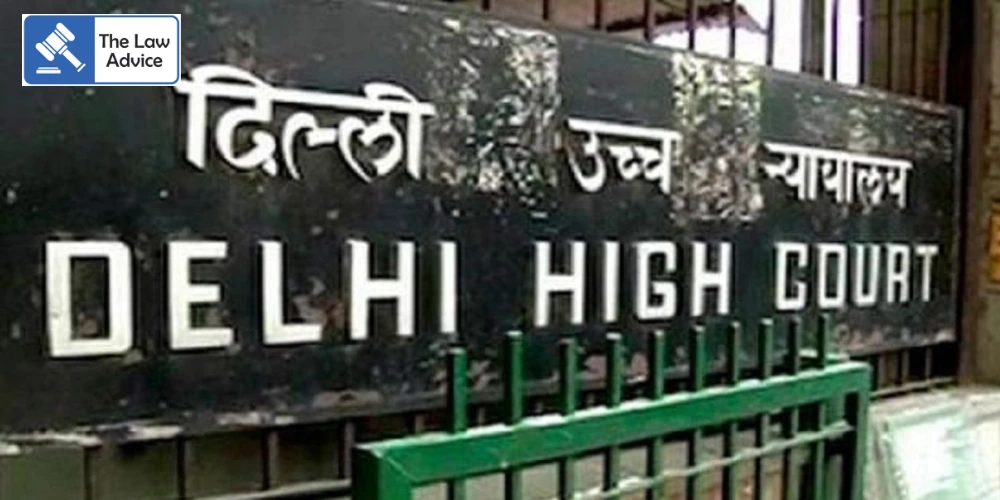
The Delhi High Court on Friday upheld the validity of a standing order issued by the Director General of Prisons that requires a one-year “watch period” before a convict becomes eligible for furlough after returning to jail following the dismissal of their conviction appeal.
A Division Bench of Chief Justice DK Upadhyaya and Justice Tushar Rao Gedela held that the standing order was issued under the general administrative authority of the DGP and does not contradict the Delhi Prisons Act, 2000 or the Delhi Prisons Rules, 2018.
The Court dismissed a petition filed by Deepak Srivastav, convicted under Sections 304B, 498A, and 406 IPC, who argued that the one-year restriction is unconstitutional, violative of Articles 14 and 21, and should be reduced to six months. Srivastav also challenged the denial of furlough based on the same standing order, which required him to complete one year from his return to prison after his appeal was rejected by the Supreme Court.
He contended that the standing order unreasonably delays consideration of furlough applications and was issued without legal authority.
Rejecting these arguments, the Court held that the standing order is essentially a procedural clarification meant to guide jail authorities in implementing furlough rules consistently:
“Clause F(3) of Standing Order No. 01 of 2019 is merely supplemental and is within the DGP’s supervisory powers over prison administration,” the Court stated.
The Bench emphasized that furlough is not an absolute or unregulated right; it is subject to statutory conditions under the Act and Rules.
The Court further refuted the argument that the rule creates an unconstitutional classification by treating differently those convicts whose appeals were dismissed. It noted that a convict released during the appeal process has been outside prison discipline, and therefore, upon re-entry, requires time to readjust:
Convicts who never left prison during their sentence do not require such reintegration, and thus they are not similarly situated, the Court held.
Therefore, the Bench concluded that the standing order does not violate Article 14 of the Constitution.
Case Title: DEEPAK SRIVASTAV v. State of NCT of Delhi & Ors.
Website designed, developed and maintained by webexy